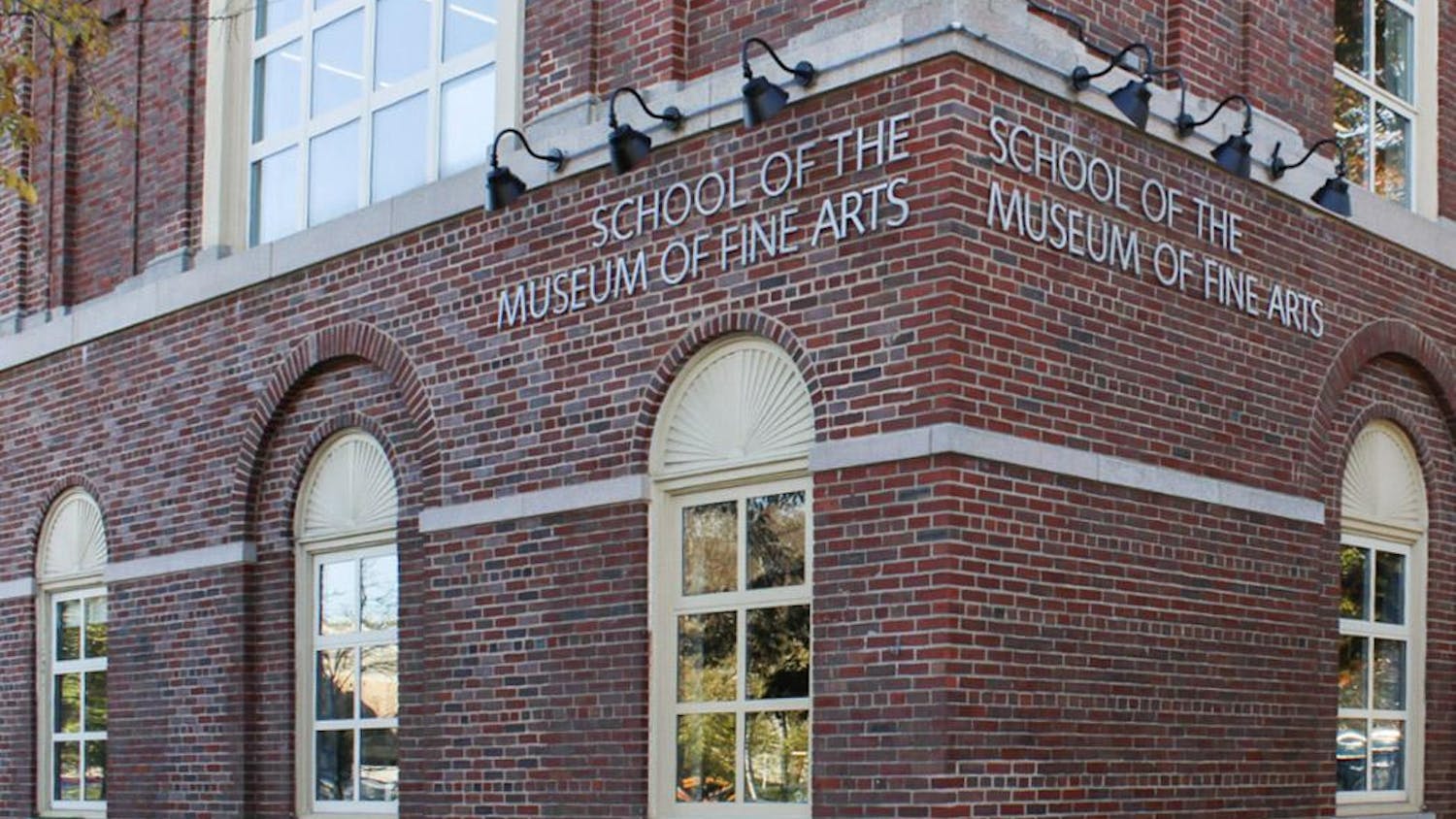CBS News President David Rhodes spoke at the Fletcher School of Law and Diplomacy last night at an event sponsored by the Edward R. Murrow Center for a Digital World. The primary subject of the discussion was the role of news media in the presidential election and beyond.
Dean of the Fletcher School James Stavridis, introduced Rhodes and commented on the importance of media in politics and diplomacy.
“[Rhodes] is someone who personifies the values of journalism. He personifies telling the truth," Stavridis said. "I say to journalists, thank you for your service, the service you provide this nation of helping us discover the truth, which matters and matters deeply."
Rhodes emphasized that real journalism is more important now than ever, and that now is the perfect time for those pursuing a role in media to get involved in world events.
“I don’t think there’s ever been a more exciting time to seek a career in this field," Rhodes said. "There are more opportunities for journalists and communicators in general who have a passion for reporting, for the law, for diplomacy."
According to Rhodes, although many people see recent political developments such as the election of President Donald Trump as unprecedented, some of these events can in fact be contextualized by history.
“A new administration always tries to set favorable rules of engagement with the news media in the afterglow of an electoral victory, whether by deploying new technologies or attempting to reach around reporters and directly to supporters,” Rhodes said.
Rhodes advised prospective journalists not to enter the field with the goal of becoming popular with audiences.
“Audiences are highly engaged in what we’re reporting, and they care about the way that we’re reporting it and the tone that we’re using,” Rhodes said.
Rhodes also addressed “fake news,” which has been a subject of much discussion and debate throughout and after last year's presidential campaign and election. According to Rhodes, there are several reasons for the popularity and influence of fake news. Rhodes argued that people are drawn to stories that are entertaining or that confirm their opinions, even if there is no evidence that the stories are true.
“Why are people taken in by fake news? What is fake news? It’s lies. A story which isn’t true catches on, it’s widely shared on social media, and the combination of lies and social media is very seductive,” Rhodes said.
Rhodes explained that the rapid spread of fake news might also contribute to a growing sense of disillusionment with the media. Rhodes suggested that part of people’s disappointment in the media could be connected to their anger about recent political developments.
For these reasons, Rhodes sees no reason for journalists to change their approach to news coverage, even in the face of complaints about the behavior of the media from the Trump administration.
“It’s no reason to change journalistic standards in any way. Core standards are timeless. Whether they’re the standards of law ... or media ... to change them now would be ridiculous," Rhodes said. "We’re confident that our methods will hold newsmakers accountable, and continue to serve the public interest as the press, we think, has done for generations."
Edward Schumacher-Matos, director of the Murrow Center, responded to Rhodes’ remarks by bringing up Trump's tendency to think of the media as the opposition. Rhodes emphasized that it is the media’s responsibility to cover what important political figures are saying and doing, but that tone is critical in providing an impartial perspective on the news.
Rhodes also fielded questions from the audience about topics ranging from the coverage of events such as mass shootings to the relationship between Trump’s tweets and the rest of his diplomatic policy.
Rhodes emphasized that it is crucial for journalists to continue seeking the truth and thoroughly investigating important stories both domestically and internationally.
“Check your biases at the door, get outside your comfort zone, tell stories, do good work, challenge yourselves, your assumptions and continue to invest time in this reporting,” Rhodes said.
CBS News President David Rhodes discusses news media in politics






